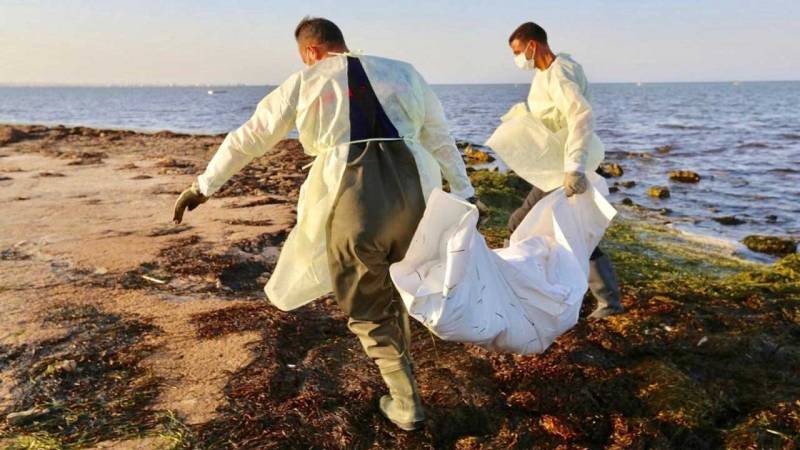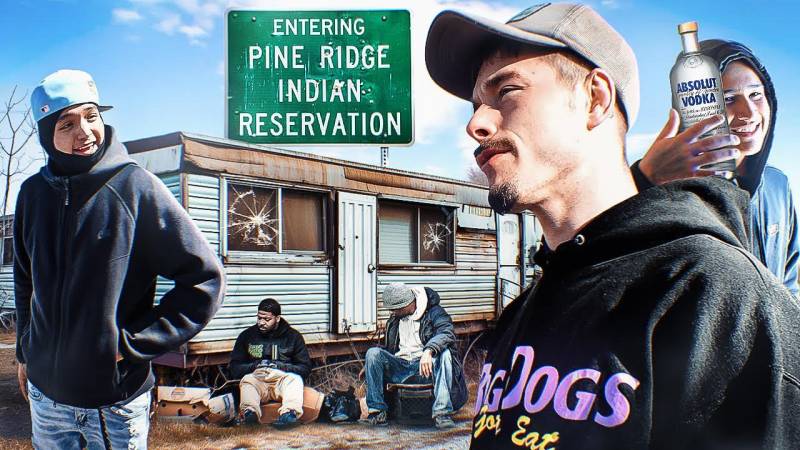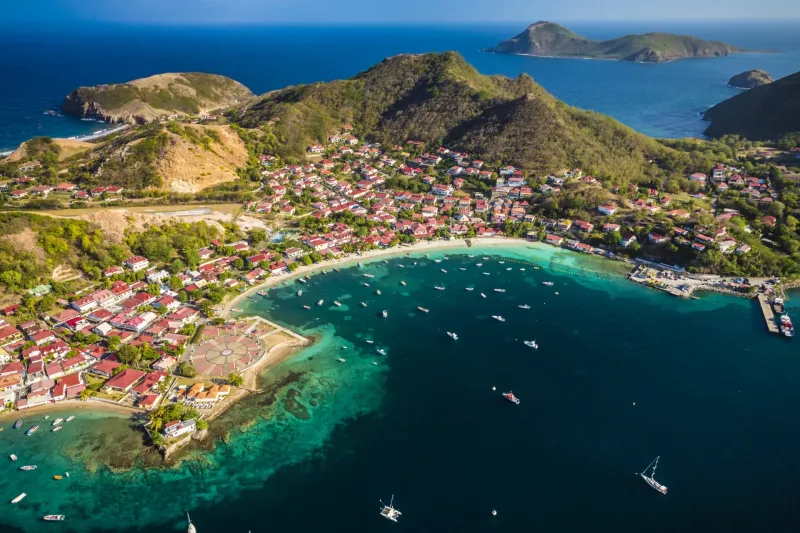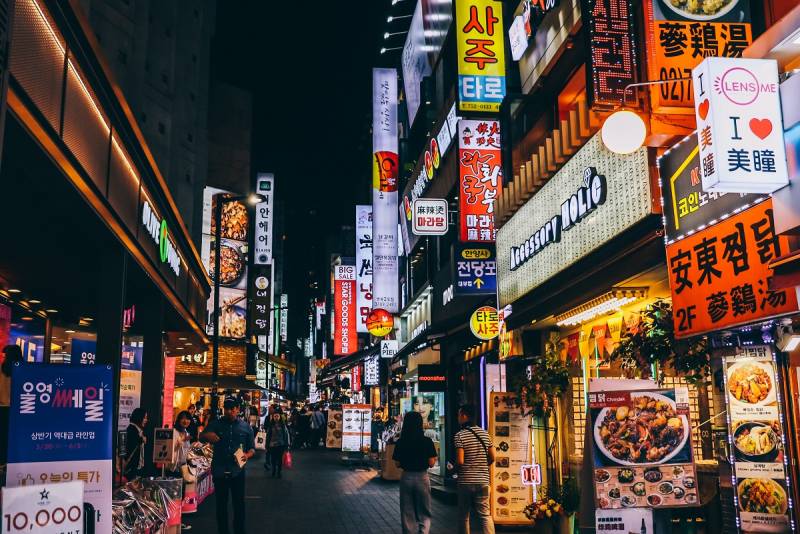Tunisia's coastguard says the bodies of 15 migrants have washed up off the coast of Mahdia. They said they were badly decomposed, suggesting they had been in the water for a long time. The authorities said they were trying to identify them, but added they were African. Many African migrants risk their lives crossing the Mediterranean trying to reach Europe.
According to Acaps, Prolonged sociopolitical unrest leads to violent protests and localized violence resulting in protection and human rights concerns, humanitarian access impediments, and disruption of the COVID-19 response The Tunisian president Kais Saied extended the parliament suspension until a new election on 17 December 2022 and announced a constitutional referendum to be held on July 2022. The president also terminated the Supreme Judicial Council and named a new temporary one. These exceptional measures, and general social and political dissatisfaction, led to violent protests between November 2021 and January 2022.
There were reports of riot police using tear gas, sticks, and water cannons against protesters, resulting in one death and several injuries. Opposition movements have faced human rights violations and arbitrary arrests. There have been no reports of the sociopolitical and economic situation disrupting the COVID-19 response. Tunisia announced a loan of USD 7 billion from foreign lenders for their 2022 budget, making government debt 83% of the gross domestic product. The deterioration of the socioeconomic situation has affected population groups already in humanitarian need, including migrants and refugees. Many of them are without jobs. They also remain subject to different forms of exploitation, such as human trafficking, forced labor, and arbitrary arrests. Migrants protested on 14 February asking for evacuation from Tunisia. Migrants have also continued attempting to cross to Europe by sea for better opportunities.




